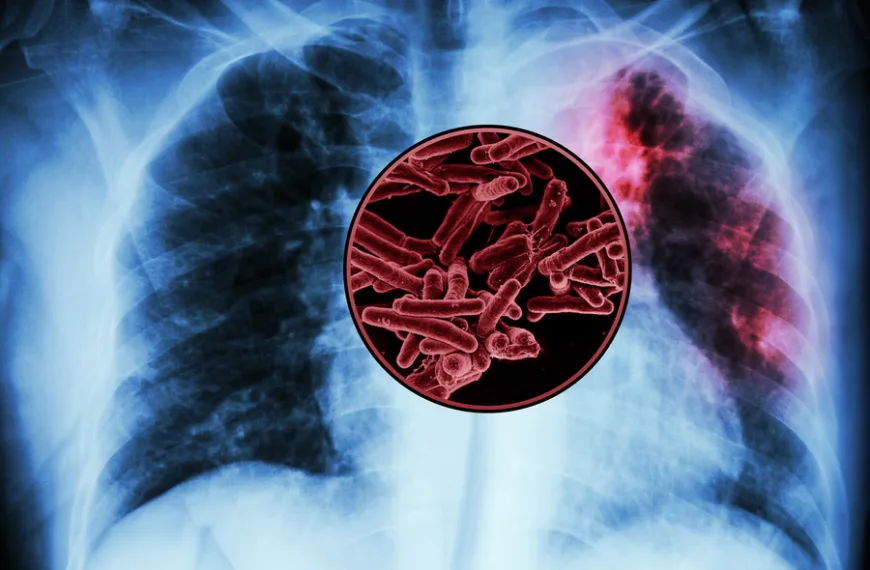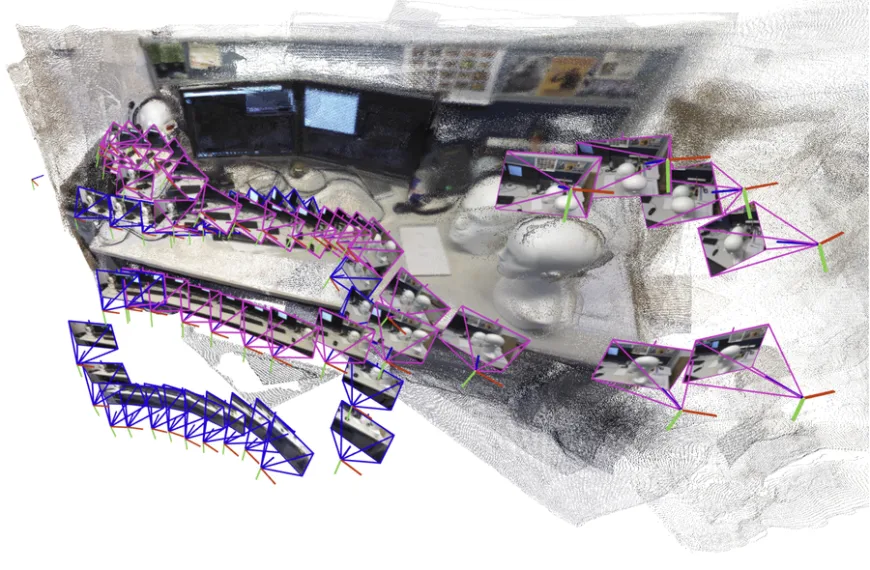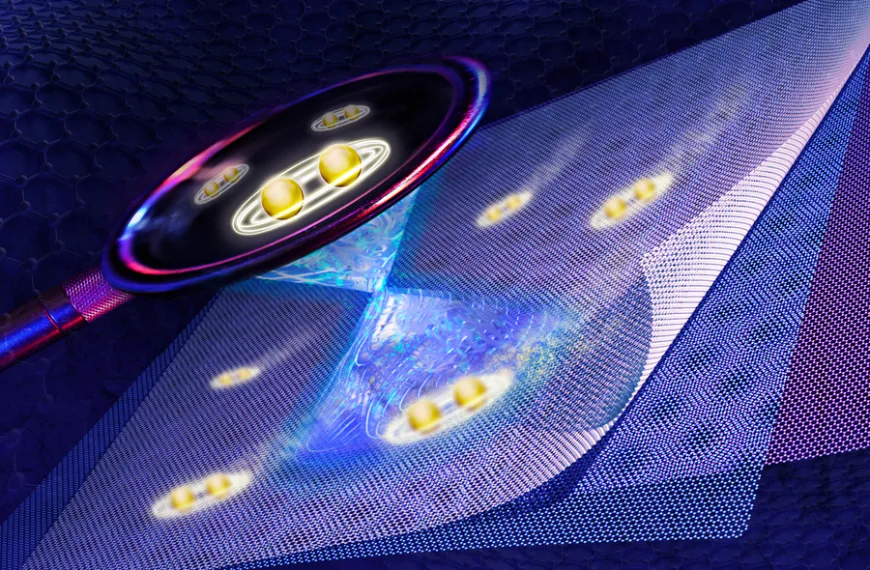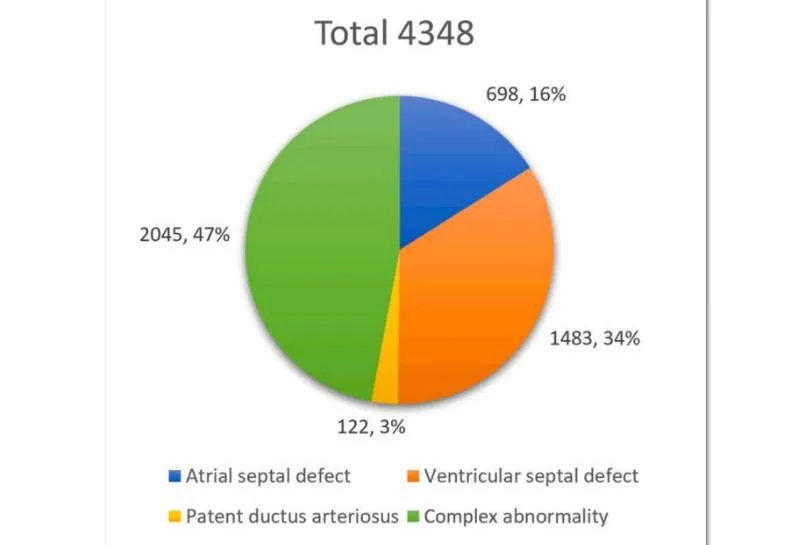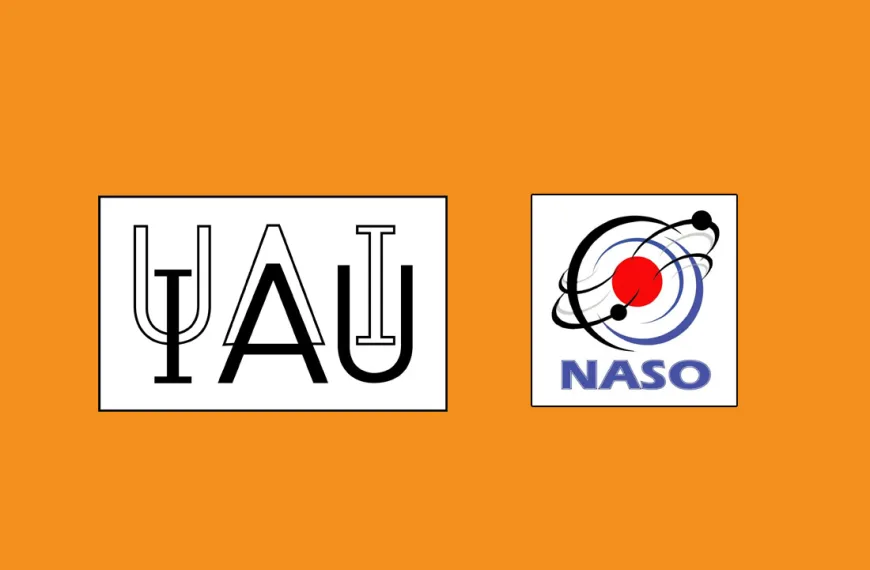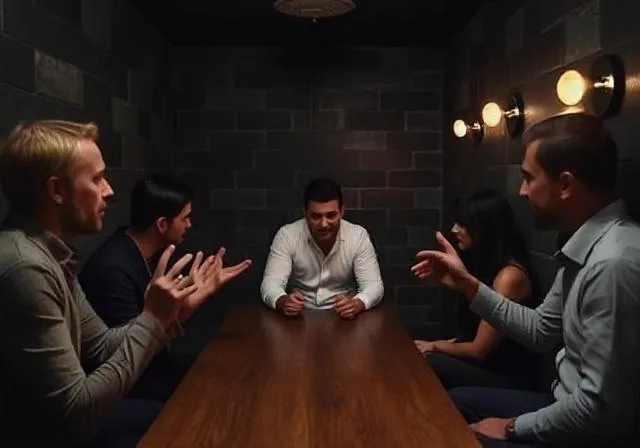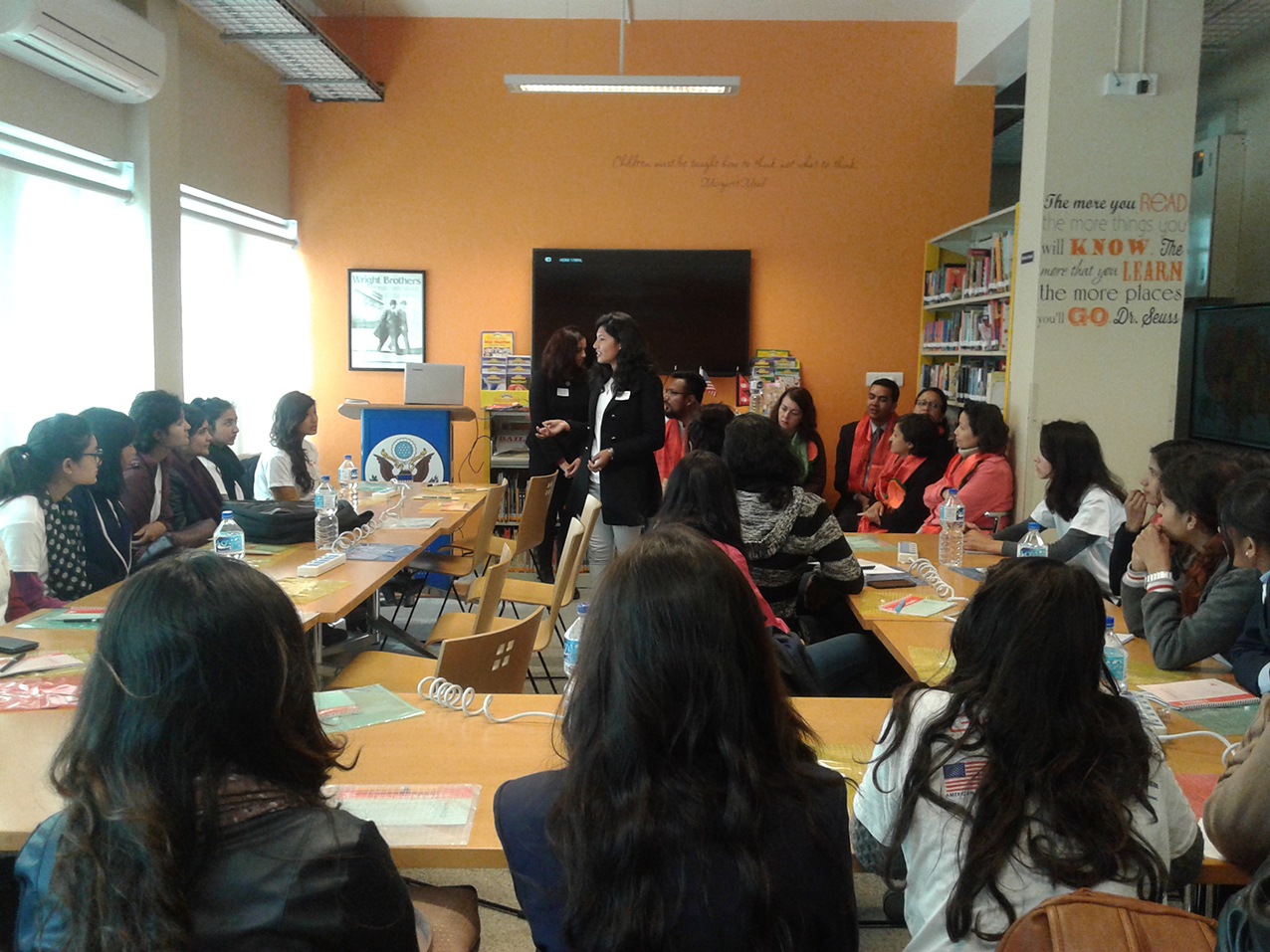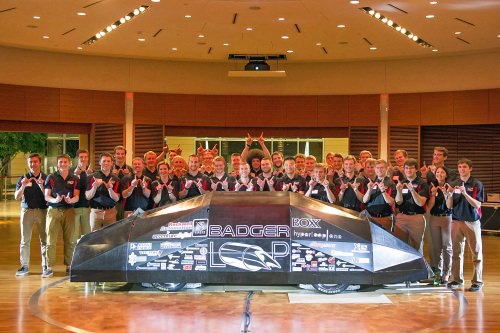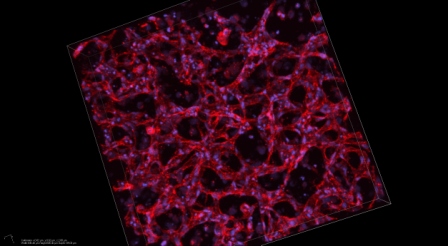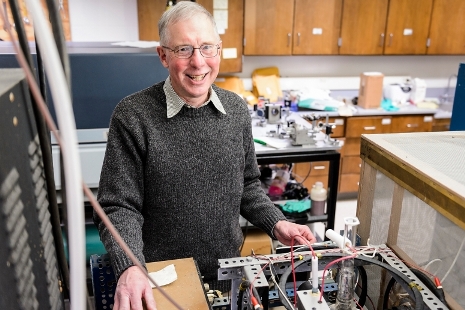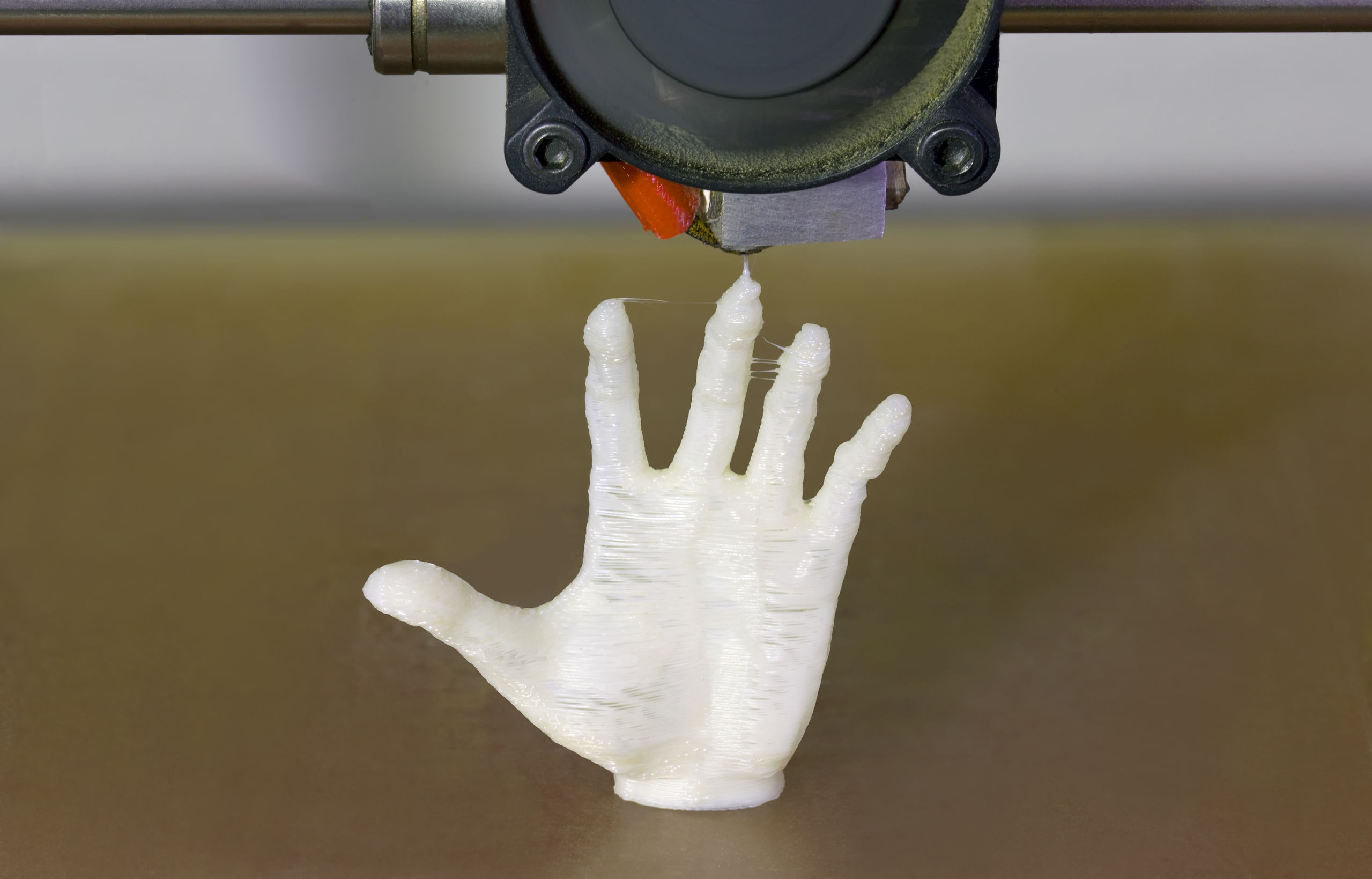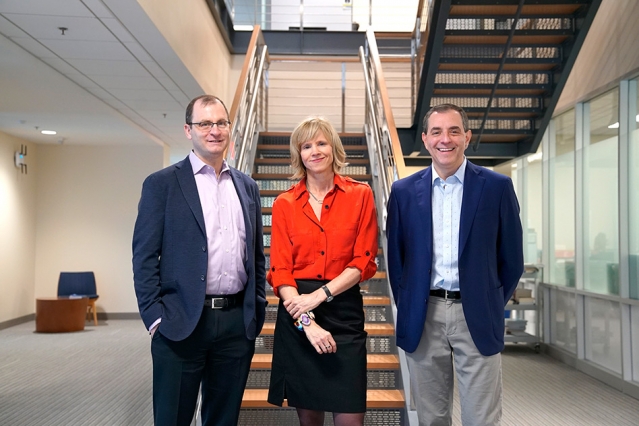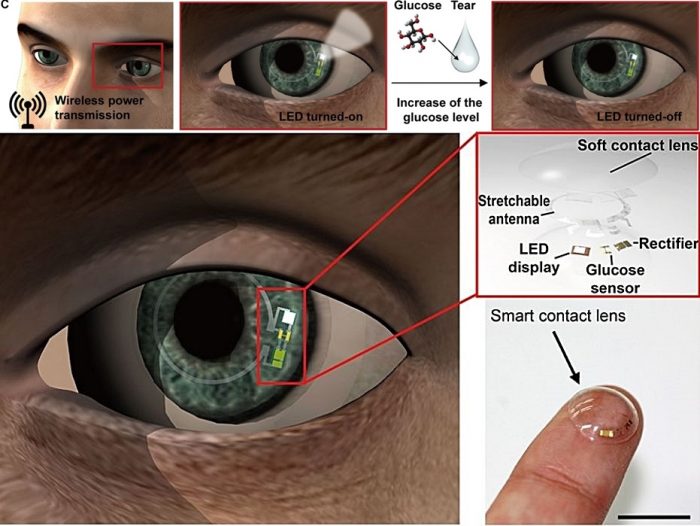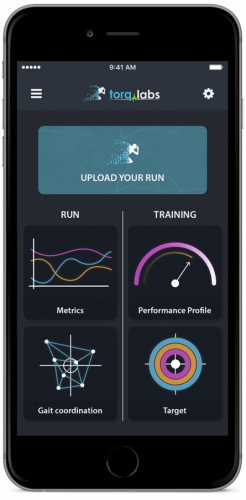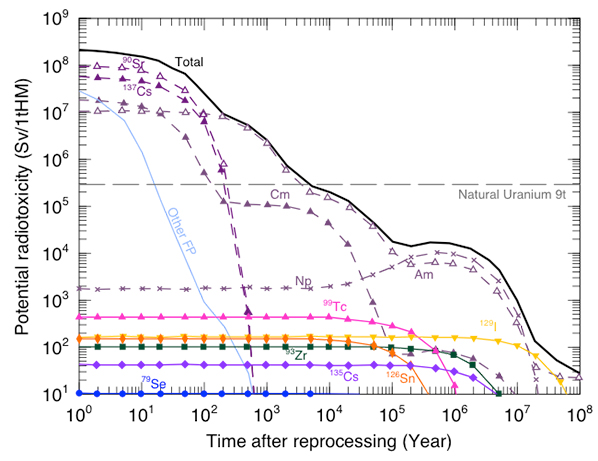Trending
MIT study finds targets for a new tuberculosis vaccine
CAMBRIDGE, MA — A large-scale screen of tuberculosis proteins has revealed several possible antigens that could be developed…
Teaching robots to map large environments
Cambridge, MA – A robot searching for workers trapped in a partially collapsed mine shaft must rapidly generate…
MIT physicists observe key evidence of unconventional superconductivity in magic-angle graphene
Cambridge, Mass. — Superconductors are like the express trains in a metro system. Any electricity that “boards” a…
Study identifies 14 risk factors for long ICU stays in children after heart surgery
A recent study conducted at China’s National Center for Cardiovascular Diseases has identified 14 independent risk factors associated…
NASO Recognized as National Member of IAU
Kathmandu — The Nepal Astronomical Society (NASO) has been officially recognized as a National Member of the International…
The escape room challenge: How one person’s narcissism can undermine a whole team
A new study has revealed how different types of narcissism can influence the morale and performance of an…
Culture
“Women-Technopreneur” kicked off in Kathmandu
Kathmandu- Robotics Association of Nepal (RAN) in partnership with the U.S Embassy Kathmandu has kicked off five day technical workshop series “Women-Technopreneur” at IHUB in Kathmandu, Today.
UW-Madison team wins Innovation Award in Hyperloop competition
A team of University of Wisconsin–Madison students won an innovation award in a worldwide SpaceX Hyperloop pod competition. The UW–Madison Badgerloop team competed against 30 teams from colleges and universities…
Spinoff readies stem cells for medicine
Stem Pharm Inc., a University of Wisconsin-Madison startup built on inventions related to the growth and control of stem cells, received a $290,000 grant Jan. 19 from the National Institutes…
UW-Madison astrophysics innovator Lawler wins national award
James Lawler, a University of Wisconsin–Madison professor of physics known for devising innovative techniques to measure the chemical elements in the sun and other stars, has been named the recipient…

